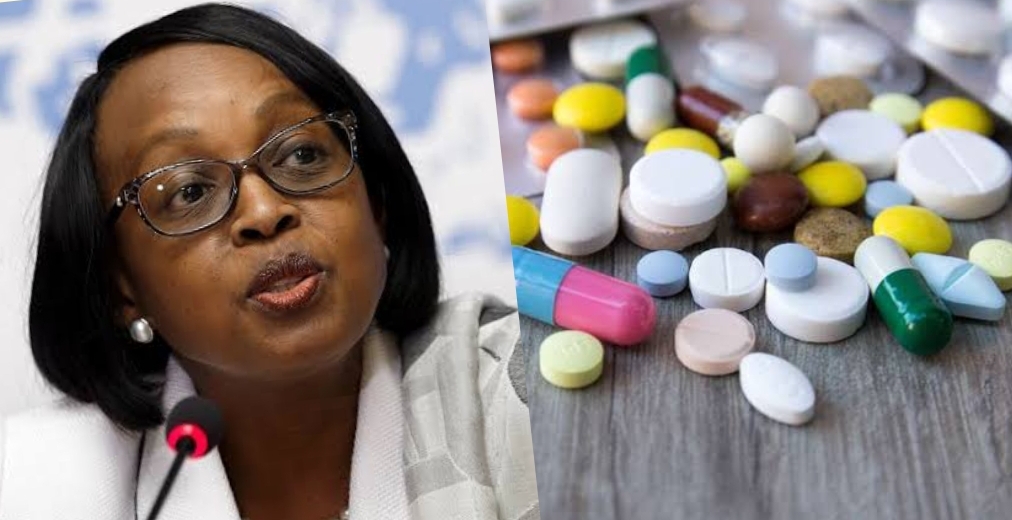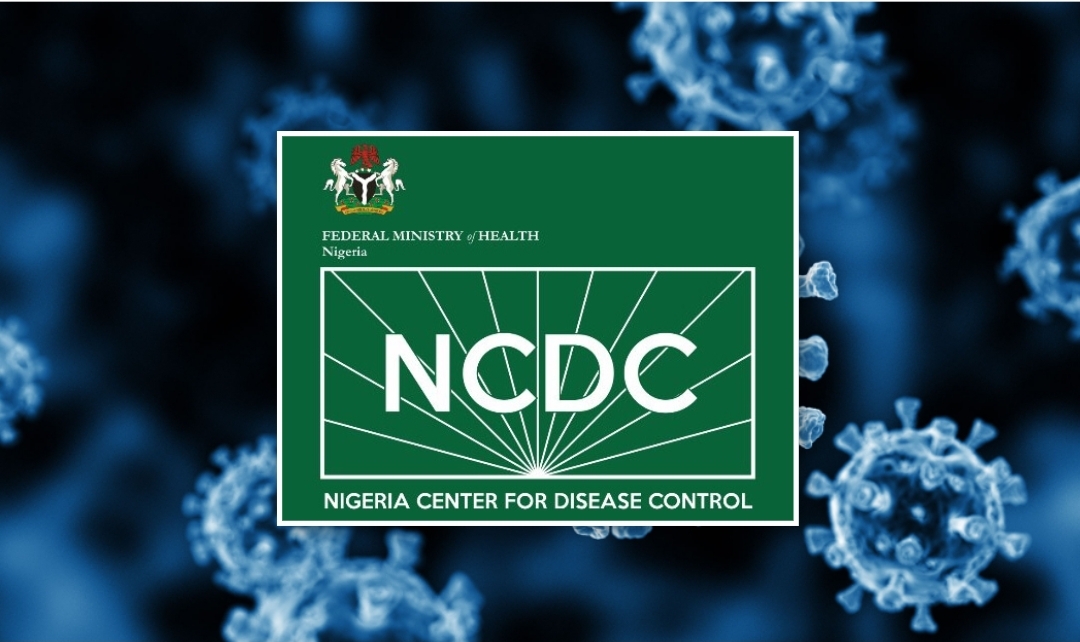Three million people die yearly from wrong medication: WHO

The World Health Organisation has lamented medication errors which it says contribute to more than three million deaths globally every year.
WHO Regional Director for Africa, Dr Matshidiso Moeti, made the declaration in her message to mark the 2022 World Patient Safety Day.
The day is observed annually on September 17 to raise global awareness about patient safety and to call for solidarity and united action by all countries and international partners to reduce patients’ harm.
Ms Moeti said the day aims at raising awareness of the importance of people-centred care and preventing harm to patients.
She noted that medication errors were exacerbated by overwhelmed health systems during the COVID-19 pandemic.
According to her, about one in every four cases of preventable medication harm is clinically severe, or life-threatening.
“While there is limited data for the African continent, it is generally acknowledged that there is a high magnitude of unsafe medication practices,” she noted.
The world patient safety day focuses on three primary areas – high-risk situations, transitions of care and ‘polypharmacy’, which is the use of multiple medicines at once, Ms Moeti noted.
“Poly pharmacies are particularly common amongst older people with chronic health diseases.
“Medication errors occur because of weaknesses in medication systems and are aggravated by shortages of well-trained health staff and poor working and environmental conditions for delivery of quality healthcare.
“Among low and medium-income countries, the African region has the highest prevalence of substandard and counterfeit medicines of about 18.7 per cent,” she said.
The WHO chief condemned the administration of surplus medication at home; the purchase of medication from pharmacies on the advice of friends and relatives rather than on prescription by trained professionals.
Ms Moeti stressed that the use of old prescriptions to buy medication to treat current ailment is a common practice that should be stopped.
“One study done in 2021 showed that as many as one in every three respondents admitted to self-medication to prevent COVID-19.
“This is unacceptably high because such unguided practices lead to dangerous consequences as a result of drug interactions.
“It also leads to incorrect administration, dosage or choice of treatment. Consequences include delays in treating diseases, dependence and abuse, disability, and even death,” she lamented.
Ms Moeti noted that medication systems and human factors were major contributory factors to unsafe practices.
She noted also that many countries lacked the capacity to detect, evaluate and prevent medicine safety issues.
Illiteracy, language difficulties, as well as socio-cultural and religious beliefs, were also identified as exacerbating medication errors.
“Based on current estimates, 42 billion dollars of total health expenditure worldwide could be averted if medication errors are addressed.
“Medication without harm aims to reduce severe avoidable medication-related harm by 50 per cent globally in the next five years,
“This will be done through focused activities and interventions targeting three areas – patients and the public; health care professionals and medicines and systems and medication practices,” she added.
Ms Moeti said that WHO was working with member states to implement the Global Patient Safety Action Plan 2021 – 2030.
“A regional patient safety strategy and road map are currently being developed to guide its implementation.
“Some notable highlights include support to establish and strengthen National Medicine Regulatory Authorities (NRAs), by building regulatory capacity and promoting regulatory harmonisation.
“Strengthened regulatory systems serve to eliminate barriers which impede access to safe, effective and quality-assured medical products.
“WHO already developed tools to assist member states in benchmarking NRAs to identify strengths and implement plans to address weaknesses.
“Ghana, Nigeria and Tanzania have already attained Maturity Level 3, indicating their regulatory systems are functioning well, and integrating the requisite elements to guarantee stable performance.
“This reduces their vulnerability to substandard and falsified medical products,’’ she stressed.
Ms Moeti said that 39 WHO member states had developed essential medicines lists linked to standard treatment guidelines.
According to her, 25 member states have also developed national medicine formularies that guide the selection of medicines for procurement, prescription and dispensing practices.
Ms Moeti encouraged healthcare to take a more active role in ensuring safer medication practices, and medication-use processes.
(NAN)
We have recently deactivated our website's comment provider in favour of other channels of distribution and commentary. We encourage you to join the conversation on our stories via our Facebook, Twitter and other social media pages.
More from Peoples Gazette

Politics
Katsina youths pledge to deliver over 2 million votes to Atiku
“Katsina State is Atiku’s political base because it is his second home.”

Anti-Corruption
N80 Billion Fraud: Nigerian immigration issues nationwide red alert for officers to nab Yahaya Bello
He refused to surrender himself for arrest on Wednesday when anti-graft operatives besieged his Abuja residence.

Health
Mysterious illness claims eight lives in Sokoto
The incident occurred at Sabon Birni and Isa Local Government Areas of the state.

Hot news Home top
Liverpool knocked out of Europa League by Atalanta; Bayer Leverkusen tango Roma in semifinals
Atalanta’s wonderful performance over the two legs ensured the Italian side reached the semifinals of the Europa League on a 3-1 aggregate scoreline.

Heading 5
Enugu govt. cautions NERC, EEDC against overcharging electricity consumers
I urge NERC not to derail on the steady and quality power supply according to the band classifications.”

Uncategorized
N3.2 trillion subsidy needed to reverse electricity tariff hike: FG
He added that as a result of the non-payment of subsidy, gas supply and power generation had continued to dip.

Heading 4
Google sacks 28 employees for protesting consulting contract with Israel
The company further noted that the demonstrations were staged “by a group of organisations and people who largely don’t work at Google.”








